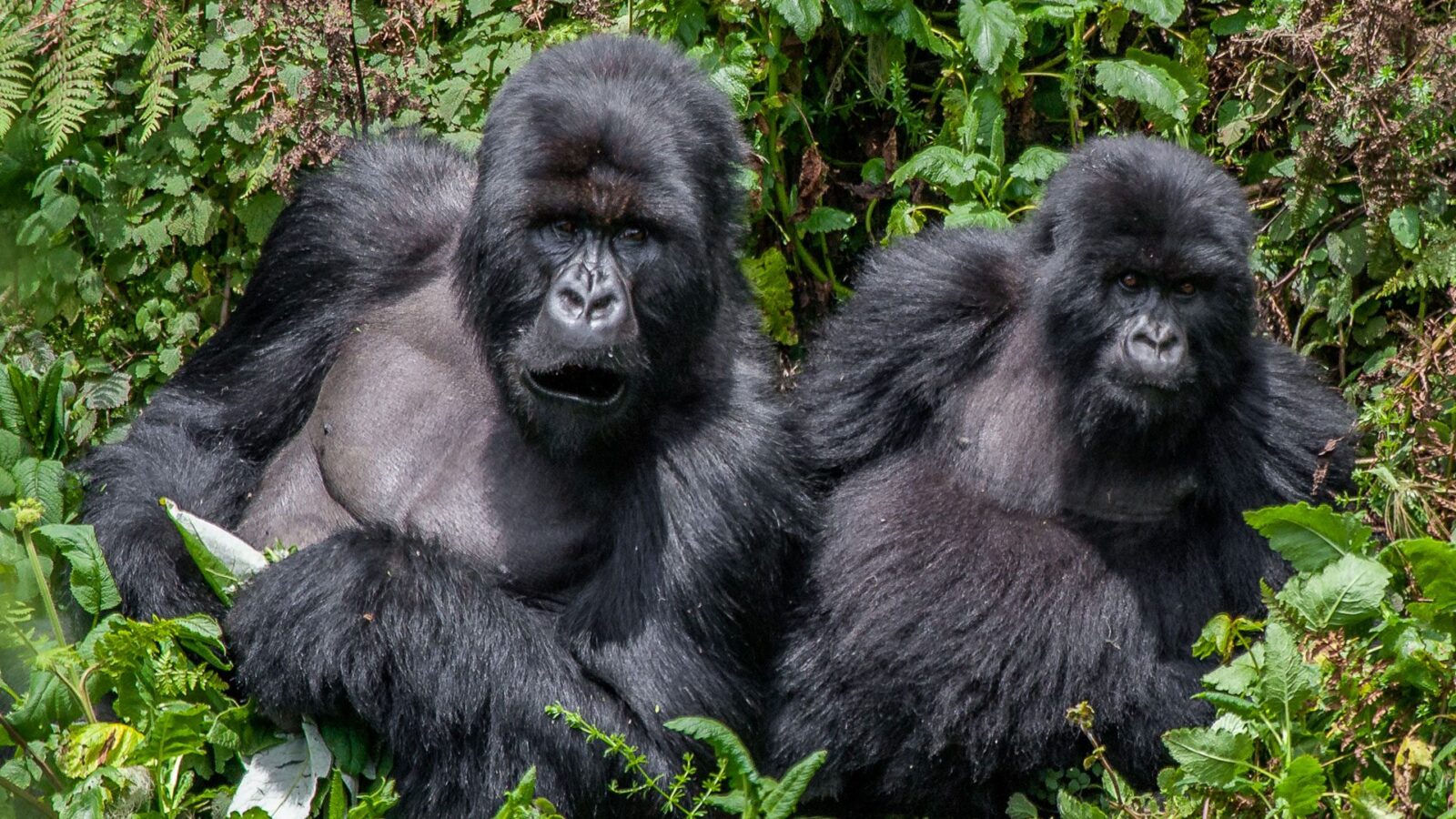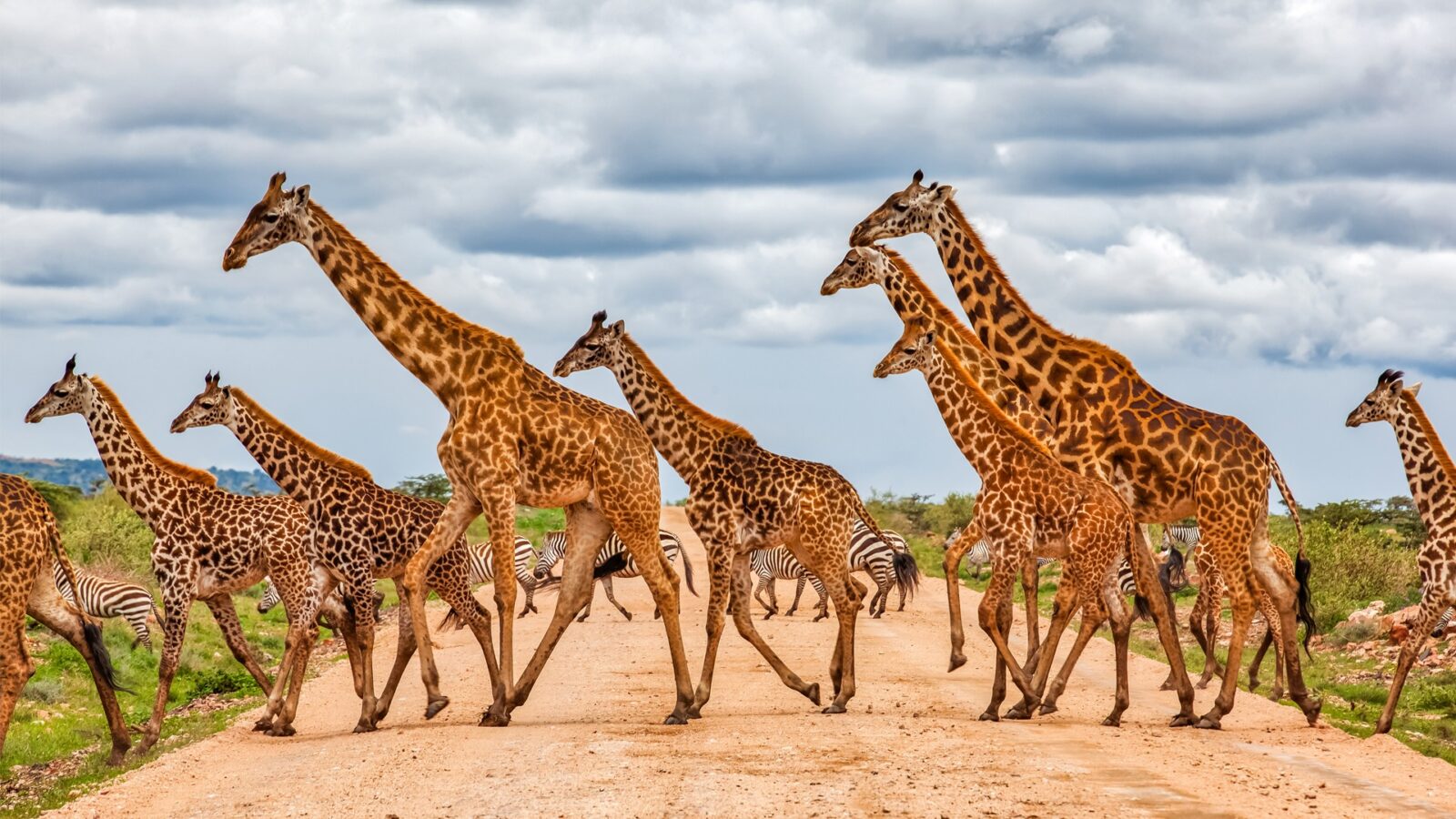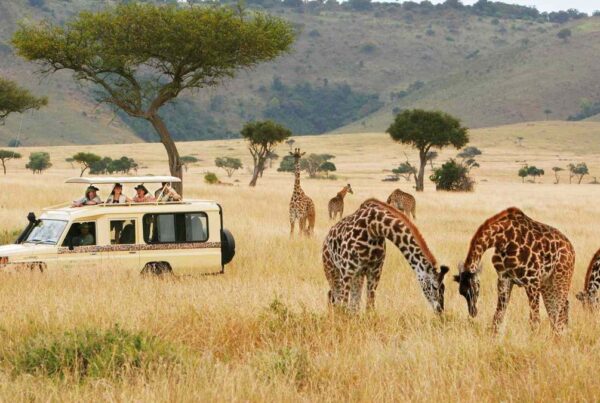Where and How to Have Ethical Animal Encounters in Africa
The fascination with Africa’s wildlife has for generations inspired travelers to journey across continents. Lions stalking golden savannahs, elephants roaming in herds, gorillas resting in misty forests, and whales breaking the surface of turquoise seas—these images symbolize the continent’s magnetism. Yet as global awareness of conservation and animal welfare grows, travelers are asking not just where they can see these creatures, but how they can do so ethically.
The days of indiscriminate wildlife interactions are fading. In their place, a new vision of ethical encounters is taking root—one that respects the dignity of animals, supports conservation efforts, and empowers local communities. Now more than ever, Africa is redefining how its natural treasures are shared with the world. This transformation means that visitors who seek encounters with wildlife must be intentional in their choices, ensuring that their presence contributes positively to ecosystems and societies rather than diminishing them.
The Meaning of Ethical Animal Encounters
To understand where and how to engage ethically with animals in Africa, one must first appreciate what “ethical” entails. Ethical encounters are those that place the well-being of animals and ecosystems above human entertainment. They minimize stress, avoid exploitation, and ensure that human presence contributes to long-term survival rather than short-term spectacle.
This definition excludes practices such as captive animal petting, exploitative shows, and activities that remove animals from their natural habitats. Instead, ethical experiences center on observing animals in their own environments, guided by principles of respect and conservation. In Africa, where biodiversity is immense and threats are equally significant, ethical encounters are no longer optional—they are essential.
Gorilla Trekking in Uganda and Rwanda
One of the most iconic and ethically structured encounters is gorilla trekking in Uganda and Rwanda. In Bwindi Impenetrable National Park and Volcanoes National Park, visitors set out on foot into dense rainforests guided by rangers and trackers. The trek is challenging, but the reward is unparalleled: standing a few meters away from a family of mountain gorillas, observing their social interactions in silence.
Strict protocols ensure that the gorillas are not exploited. Visitor numbers are capped daily, and groups are limited to eight people per gorilla family. Encounters last only one hour, reducing stress on the animals. Masks and distance rules are enforced to minimize the risk of human disease transmission. Permit fees are high, but they directly fund conservation projects and support local communities, making each trek a tangible contribution to the gorillas’ survival.
In 2026, gorilla trekking remains a pinnacle of ethical wildlife tourism, balancing the awe of close observation with unwavering respect for these critically endangered primates.
Chimpanzee Tracking and Primate Encounters
Beyond gorillas, Africa is home to an array of primates, each offering unique opportunities for ethical observation. Kibale Forest in Uganda, Gombe Stream in Tanzania, and Nyungwe in Rwanda are celebrated for chimpanzee tracking. Here, treks are guided by experts who interpret complex behaviors, from tool use to social hierarchies, providing insights into our closest relatives.
Again, ethics guide the experience. Group sizes are restricted, viewing times are limited, and strict guidelines ensure that chimpanzees remain undisturbed. Unlike staged animal interactions, these treks celebrate the natural wildness of primates, presenting them not as entertainment but as subjects of reverence and learning.
Other primates, such as golden monkeys in Rwanda’s Volcanoes National Park, colobus monkeys in Kenya, and geladas in Ethiopia’s Simien Mountains, also form part of this ethical primate tourism movement. Each encounter is grounded in conservation, scientific research, and respect for habitats.
Big Five Safaris in Protected Reserves
Safaris are perhaps the most recognized form of wildlife tourism in Africa, but not all safaris are equal. Ethical safaris take place within national parks and private reserves where animal welfare, habitat conservation, and community benefit are prioritized.
In Kruger National Park, Masai Mara, Serengeti, and Okavango Delta, safari experiences are tightly regulated to ensure minimal disturbance to wildlife. Off-road driving is restricted in many public parks, but private concessions allow more flexible tracking, always under the supervision of trained guides who adhere to ethical standards.
The key to ethical safaris lies not just in where they take place but in how they are conducted. Responsible guides maintain respectful distances, avoid crowding animals, and educate visitors on behaviors rather than staging performances. Conservation fees from park entries and lodge stays are reinvested into anti-poaching patrols, habitat restoration, and community initiatives, making safaris part of the solution rather than a threat.
Whale Watching and Marine Encounters
Africa’s wildlife does not end at the shoreline. Ethical animal encounters extend to its oceans, where whales, dolphins, turtles, and sharks thrive. South Africa’s coastal towns, such as Hermanus and Gansbaai, are renowned for whale watching, particularly during the annual southern right whale migration.
Ethical marine tours ensure that boats maintain regulated distances, engines are kept low, and interactions never intrude upon the natural rhythms of marine animals. In Mozambique, whale shark snorkeling experiences are carefully monitored to prevent stress to these gentle giants, while in Zanzibar, turtle conservation programs allow visitors to witness hatchlings being released without interfering with their life cycle.
Marine protected areas, like those in Seychelles or Madagascar, are central to these encounters, ensuring that tourism actively funds coral reef preservation and sustainable fishing practices.
Walking Safaris: Intimacy Without Intrusion
Walking safaris, pioneered in places like South Luangwa National Park in Zambia, are among the most profound ethical experiences in Africa. Unlike vehicle-based safaris, walking immerses visitors directly into the ecosystem, emphasizing respect and humility in the presence of wildlife.
On foot, there is no illusion of dominance. Instead, travelers learn the language of the bush—tracking spoor, reading signs, and understanding animal behaviors. Encounters are more about observation than pursuit, and guides prioritize safety and respect. This slower, more intimate approach minimizes stress for animals while deepening appreciation for the ecosystem’s interconnectedness.
Community Conservancies and Shared Benefits
The rise of community conservancies is one of Africa’s most significant achievements in ethical travel. In Kenya, Namibia, and Tanzania, local communities have become custodians of wildlife, establishing conservancies where tourism revenue directly supports livelihoods and conservation efforts.
In these settings, travelers encounter wildlife in habitats that are jointly managed, ensuring that animals are protected while communities benefit. This model eliminates the historical tension between local people and wildlife, replacing it with partnerships where everyone gains. Guests may stay in community-run lodges, enjoy guided walks led by local experts, and witness firsthand how conservation can uplift both people and nature.
This model of shared responsibility is perhaps the most powerful definition of ethical travel—ensuring that every encounter with wildlife also sustains human dignity.
Elephant Encounters: Redefining Relationships
Few animals evoke the same awe as elephants, yet they have long been subject to exploitation through rides and performance shows. In 2026, ethical elephant encounters in Africa focus exclusively on observing them in the wild or visiting sanctuaries that prioritize their welfare.
Reserves such as Amboseli in Kenya, Chobe in Botswana, and Addo Elephant Park in South Africa provide extraordinary opportunities to observe elephants in natural settings. Sanctuaries, like the David Sheldrick Wildlife Trust in Nairobi, allow travelers to witness rehabilitation programs for orphaned elephants. Interaction is limited, and animals are not forced to perform; instead, visitors contribute to their eventual rewilding.
This new approach transforms the human-elephant relationship from dominance to respect, ensuring that encounters inspire advocacy rather than exploitation.
The Role of Education in Ethical Tourism
Ethical encounters are not only about what travelers see but also about what they learn. The best experiences weave education into every moment, ensuring that visitors leave with a deeper understanding of ecosystems, threats, and conservation strategies.
Guides play a pivotal role. They are no longer just trackers but educators, storytellers, and ambassadors for conservation. Interpretive guiding ensures that travelers do not just photograph lions but understand their role in the food chain, their threats from human-wildlife conflict, and the strategies being deployed for their survival.
Museums and research centers, such as the Dian Fossey Gorilla Fund’s Ellen DeGeneres Campus in Rwanda, amplify this learning by merging science with storytelling. Here, virtual reality, exhibitions, and researcher interactions allow guests to contextualize what they have seen in the field.
Ethical Photography and Wildlife Media
One of the most overlooked aspects of ethical encounters is photography. In 2026, more emphasis is being placed on ethical photography, where capturing the perfect image must never come at the expense of animal well-being. Lodges and operators are increasingly guiding photographers to respect distances, avoid flash, and prioritize natural behavior over staged shots.
Workshops led by conservation photographers are teaching travelers how to use their cameras not just to record beauty but to advocate for protection. Social media campaigns encourage visitors to use their platforms responsibly, avoiding images that may misrepresent or endanger animals. In this way, photography itself becomes a tool of conservation rather than exploitation.
Challenges to Ethical Encounters
While progress is evident, challenges remain. The demand for close-up encounters still fuels unethical practices in some regions, from lion cub petting farms to dolphin shows. Travelers must therefore remain vigilant, choosing operators and lodges that adhere to recognized ethical standards.
Climate change and habitat loss continue to pressure ecosystems, making responsible tourism all the more urgent. As populations grow and land use intensifies, tourism must become part of the solution, funding the very conservation initiatives that ensure wildlife endures. Ethical encounters in Africa are not simply desirable—they are essential to the continent’s ecological future.
Choosing Ethical Journeys with Purpose
Africa’s wildlife is one of the planet’s greatest treasures, and the privilege of experiencing it comes with profound responsibility. Ethical encounters are no longer a niche option; they are the new standard, ensuring that travel contributes to preservation, not exploitation.
From gorilla trekking in Uganda to whale watching off South Africa’s coast, from walking safaris in Zambia to community conservancies in Kenya, the opportunities to engage with wildlife responsibly are vast. Each encounter becomes not just a memory but a legacy, a step toward ensuring that future generations can also stand in awe of lions, elephants, whales, and gorillas in their natural homes.
For those who dream of Africa, the path is clear. To step into the wild is to embrace not only beauty but responsibility. To make that journey both transformative and ethical, it is recommended to book your Africa tours and safaris through WildHorn Africa, a trusted partner dedicated to crafting experiences that honor wildlife, empower communities, and preserve the continent’s natural wonders.



